Your skin is your body’s largest organ, and what you put on it matters. Navigating the skincare world can be overwhelming, with countless products promising flawless results. However, many of these products contain harmful substances that can irritate your skin, disrupt your hormones, or cause long-term damage. Knowing the ingredients to avoid in skincare is the first step toward making safer, healthier choices for your skin and overall well-being. By focusing on clean, non-toxic alternatives, you can create a skincare routine that truly nurtures your skin.
Parabens: Why They Shouldn’t Be in Your Skincare
Parabens are synthetic chemicals widely used in skincare and cosmetic products to extend their shelf life by preventing mold and bacteria growth. While they may seem harmless at first glance, parabens, such as methylparaben, ethylparaben, and propylparaben, have been shown to mimic estrogen in your body. This hormonal mimicry, known as endocrine disruption, can interfere with natural hormone functions, potentially increasing the risk of conditions like breast cancer and reproductive issues.
Parabens are absorbed through the skin and have even been found in biopsy samples of breast tumors, raising concerns about their safety. They can also cause skin sensitivities and irritation, particularly in those with sensitive or reactive skin. The good news is that many brands are now offering paraben-free options. By avoiding parabens in your skincare routine, you can reduce unnecessary exposure to harmful chemicals while supporting your skin’s long-term health.
Sulfates: The Hidden Culprit Behind Dry and Irritated Skin
Sulfates, including sodium lauryl sulfate (SLS) and sodium laureth sulfate (SLES), are surfactants widely used in shampoos, body washes, and facial cleansers. Renowned for their ability to produce a foamy lather, they are often associated with effective cleansing. However, this lathering power comes with drawbacks. Sulfates can be overly harsh, stripping away the skin and hair's natural oils vital for hydration and maintaining a strong protective barrier. This can result in dryness, irritation, and even exacerbate conditions like eczema or rosacea, particularly for those with sensitive skin.
Over time, frequent use of sulfate-based products can weaken your skin’s protective barrier, making it more susceptible to environmental stressors and allergens. If your skin often feels tight or uncomfortable after cleansing, sulfates may be to blame. Opting for sulfate-free alternatives can help restore balance, keeping your skin hydrated and healthy without compromising cleanliness.
Phthalates: The Invisible Hormone Disruptors in Your Skincare
Phthalates are synthetic compounds used to improve the flexibility and longevity of plastics, but they also sneak their way into skincare and cosmetic products, often disguised under the term "fragrance." While they help scents linger longer, their effects extend far beyond enhancing a product's aroma. Phthalates are recognized as endocrine disruptors, capable of interfering with the hormonal balance in your body. Long-term exposure has been associated with reproductive health complications, developmental delays, and even a heightened risk of certain cancers, raising significant concerns about their use in personal care items.
Since manufacturers are not required to disclose the exact ingredients in fragrances, phthalates often lurk undetected in your favorite products. They can also be absorbed through your skin, contributing to a cumulative toxic load over time. By choosing products labeled “phthalate-free” or those with natural, transparent fragrance compositions, you can protect yourself from the potential long-term health risks associated with these invisible chemicals.
Formaldehyde and Formaldehyde Releasers: A Preservative with Dangerous Side Effects
Formaldehyde and formaldehyde-releasing preservatives, such as DMDM hydantoin, quaternium-15, and diazolidinyl urea, are often used in skincare products to prevent bacterial growth and extend shelf life. While these preservatives serve a functional purpose, formaldehyde is a known carcinogen, and its presence in skincare products poses a significant health concern. Exposure to formaldehyde, even in small amounts, can lead to allergic reactions, skin irritation, and respiratory problems.
People with sensitive skin or conditions like eczema are particularly vulnerable to its effects. Over time, repeated exposure to formaldehyde can accumulate in your system, potentially increasing the risk of more serious health issues. Fortunately, awareness about the dangers of formaldehyde is growing, and many brands are now formulating their products without this harmful preservative. By avoiding skincare products containing formaldehyde and its releasers, you can prioritize your skin’s safety and overall health.
Mineral Oil and Petrolatum: The Pore-Clogging Barriers in Your Skincare
Mineral oil and petroleum are petroleum-derived ingredients frequently used in skin care products for their moisturizing and protective properties. They create a barrier on your skin's surface, preventing water loss and temporarily softening dry patches. However, this barrier effect can also trap dirt, oil, and bacteria, leading to clogged pores and breakouts, especially for those with oily or acne-prone skin.
Additionally, these ingredients do not nourish your skin; they merely sit on top of it. Opting for plant-based alternatives, like shea butter or jojoba oil, can provide hydration while allowing your skin to breathe. By avoiding mineral oil and petroleum, you can support healthier, clearer, and more radiant skin.
Synthetic Fragrances: The Allergy and Irritation Triggers in Your Products
Synthetic fragrances are added to skincare products to create appealing scents, but they often contain a cocktail of undisclosed chemicals that can pose risks to your health. These fragrances are one of the most common triggers of allergic reactions, skin irritation, and sensitivity. For individuals with eczema, rosacea, or other skin conditions, synthetic fragrances can exacerbate symptoms and cause flare-ups. Beyond skin-related issues, the chemicals in synthetic fragrances, such as phthalates, can also disrupt your hormones and may lead to headaches or respiratory problems.
Manufacturers are not required to disclose the specific components of a fragrance, leaving you in the dark about what you’re applying to your skin. Choosing fragrance-free or naturally scented products with essential oils can significantly reduce your risk of irritation while still allowing you to enjoy a pleasant sensory experience. Steering clear of synthetic fragrances ensures your skincare routine is gentle and safe for your skin and overall health.
Artificial Dyes: The Unnecessary Additives That Can Harm Your Skin
Artificial dyes, often labeled as FD&C or D&C colors followed by a number, are synthetic colorants derived from coal tar or petroleum. These dyes are added to skincare and cosmetic products to make them more visually appealing, but they offer no benefits to your skin. In fact, they can be harmful, especially for individuals with sensitive skin or allergies. Artificial dyes have been linked to skin irritation, rashes, and even acne breakouts. Some studies have raised concerns about their potential long-term health effects, including links to toxicity and cancer in certain cases.
These dyes can also contribute to environmental pollution during production and when washed off into water systems. They may also cause sensitivities or allergic reactions in individuals with delicate or reactive skin. Opting for products free of artificial dyes, or those colored naturally with plant-based pigments, can help protect your skin and reduce exposure to unnecessary chemicals. Prioritize skincare that focuses on function over flashy appearances.
Triclosan: The Controversial Antibacterial Agent You Don’t Need
Triclosan, an antibacterial and antifungal agent, was once popular for combating bacteria but has raised significant health and environmental concerns. While it may help keep skin clean, it can disrupt the endocrine system, causing hormonal imbalances that affect metabolism, thyroid function, and reproductive health. Overuse is also linked to antibiotic-resistant bacteria, posing a public health risk. Additionally, triclosan can irritate and dry out sensitive skin. Its environmental impact is severe, as it accumulates in waterways and harms aquatic life. Choosing triclosan-free products with natural alternatives like tea tree oil or eucalyptus protects your skin and supports the planet.
Polyethylene Glycols (PEGs): The Hidden Harms of Petroleum-Based Compounds
Polyethylene glycols (PEGs) are petroleum-derived compounds used in skincare to improve texture and enhance absorption. However, PEGs can strip your skin’s natural oils, causing dryness and irritation. They are often contaminated with harmful by-products like ethylene oxide and 1,4-dioxane, both linked to potential health risks. PEGs can also increase skin permeability, allowing other harmful substances to penetrate more easily. Opting for PEG-free skincare keeps your skin hydrated and protected, making non-toxic formulations a safer and more effective choice.
Silicones: The False Smoothness That May Hinder Your Skin's Health
Silicones like dimethicone are used in skincare for a smooth texture and a flawless appearance. While they lock in moisture, they can trap dirt and oil, leading to clogged pores and breakouts. They may also create a temporary illusion of healthy skin while masking underlying issues. Over time, silicones may dull your skin and block active ingredients from penetrating effectively. Prolonged use can also disrupt your skin’s natural renewal process. Though not toxic, they offer little benefit to skin health. Choosing silicone-free products with nourishing oils or botanical extracts helps your skin breathe, promoting a naturally healthy and vibrant complexion.
Opt for natural alternatives to silicones in your skincare and haircare routine, such as hemisqualane, a lightweight, plant-derived emollient that delivers smoothness, hydration, and frizz control without the buildup associated with synthetic silicones. Unlike traditional silicones that can create a film on the skin and hair, hemisqualane deeply penetrates, providing nourishment while allowing your skin and scalp to breathe. Our hemisqualane-based products offer a non-greasy, fast-absorbing solution to enhance softness and shine, making them a perfect choice for those seeking clean, non-toxic beauty.
Retinyl Palmitate: The Risky Side of Popular Anti-Aging Solutions
Retinyl palmitate, a vitamin A derivative, is often marketed as a gentler retinoid for anti-aging and acne. While it can improve fine lines and skin texture, it poses risks when exposed to sunlight, breaking down into free radicals that may damage skin cells and increase the risk of aging and skin cancer. It can also cause redness and irritation, especially for sensitive skin. Safer alternatives like bakuchiol offer similar anti-aging benefits without the harsh side effects or UV sensitivity of retinyl palmitate.
Oxybenzone: The Sunscreen Ingredient That Harms More Than It Helps
Oxybenzone is a chemical commonly found in sunscreens because it absorbs UV rays and protects your skin from sun damage. However, its potential health and environmental impacts have made it a controversial ingredient. Oxybenzone has been linked to hormone disruption, as it mimics estrogen and can interfere with the body’s endocrine system. This can lead to hormonal imbalances, particularly in children and pregnant women. In addition to health concerns, oxybenzone has a detrimental effect on the environment.
Studies have shown it contributes to coral bleaching, harming marine ecosystems and biodiversity. Fortunately, many sunscreens now use safer, eco-friendly alternatives like zinc oxide or titanium dioxide, which provide adequate sun protection without the associated risks. By avoiding oxybenzone, you’re protecting your skin and supporting healthier ecosystems and a more sustainable approach to skincare.
Toluene: The Toxic Additive That Poses Risks to Your Health
Toluene, a solvent found in nail products, hair dyes, and some skincare, poses significant health risks. While it improves product consistency, it can cause skin irritation and dryness and even affect your nervous system, leading to headaches and dizziness. Prolonged exposure is linked to reproductive harm and developmental issues, making it especially dangerous for pregnant individuals. Opting for toluene-free products helps protect your skin and overall health, ensuring a safer and more sustainable beauty routine.
Hydroquinone: A Controversial Skin Lightener with Long-Term Risks
Hydroquinone is a widely used ingredient in skin lightening and pigmentation correction products, as it inhibits melanin production in the skin. While it may effectively reduce dark spots and uneven skin tone, hydroquinone poses significant health risks when misused or over extended periods. Frequent use can cause skin irritation, redness, and even ochronosis, where the skin develops bluish-black discoloration.
Additionally, hydroquinone has been banned in several countries due to concerns about its potential toxicity and links to carcinogenic effects in animal studies. Its harsh effects make it unsuitable for individuals with sensitive or delicate skin. Safer, natural alternatives such as kojic acid or licorice root extract offer similar brightening benefits without the associated risks. Avoiding hydroquinone ensures you achieve a radiant complexion that prioritizes your skin’s long-term health and overall safety.
Phenoxyethanol: The Preservative That May Do More Harm Than Good
Phenoxyethanol is a synthetic preservative commonly used in skincare and cosmetic products to prevent bacterial growth and prolong shelf life. While it is often marketed as a safer alternative to parabens, phenoxyethanol is not without its risks. This ingredient can cause irritation, redness, and even allergic reactions in individuals with sensitive skin. In higher concentrations, phenoxyethanol has been linked to neurotoxicity, posing potential risks to the nervous system when absorbed in significant amounts over time.
It can also affect the balance of your skin’s microbiome, potentially leading to dryness and disrupted skin health. Although it is approved for use in small concentrations, opting for products that use natural preservatives like vitamin E or rosemary extract can help you avoid unnecessary exposure to synthetic chemicals. Steering clear of phenoxyethanol ensures a gentler, more skin-friendly approach to your beauty routine.
Microplastics: The Tiny Pollutants Affecting Your Skin and the Environment
Microplastics, used as exfoliants or fillers in skin care, are tiny plastic particles that harm your skin and the environment. They provide no benefits and can irritate sensitive or acne-prone skin, clog pores, and cause breakouts or dullness. Once washed off, they pollute waterways and harm aquatic ecosystems, making them nearly impossible to remove. Many countries are banning microplastics in personal care products, and clean beauty brands now use alternatives like sugar, salt, or jojoba beads for exfoliation. Avoiding microplastics helps protect your skin and supports a healthier planet.
Discover the Natural Power of Bakuchiol and More for Your Skin
Transitioning to clean skincare is not just about avoiding harmful ingredients—it’s about embracing natural, effective solutions that nourish your skin and enhance its radiance. One standout ingredient in this movement is bakuchiol, a plant-based alternative to retinol that delivers powerful anti-aging benefits without the irritation. Gentle yet effective, our Bakuchiol Face Oil and Pro-Aging Serum helps reduce fine lines and even skin tone and boost collagen production, making it a must-have for anyone seeking a healthier, more youthful complexion.
In addition to bakuchiol, our luxurious formulations incorporate natural ingredients like rosehip seed oil, hemisqualane, argan oil, grapeseed oil, and prickly pear seed oil—each chosen for their unique ability to hydrate, restore, and protect your skin. Shop online today and let our thoughtfully curated products help you rediscover radiant, healthy skin.
References:
- Darbre, P. D., Aljarrah, A., Miller, W. R., Coldham, N. G., Sauer, M. J., & Pope, G. S. (2004). "Concentrations of Parabens in Human Breast Tumours." Journal of Applied Toxicology, 24(1), 5-13. Link to Study
- Medical Xpress (2012). "Parabens in Breast Tissue Not Limited to Women Who Have Used Underarm Products." Read More

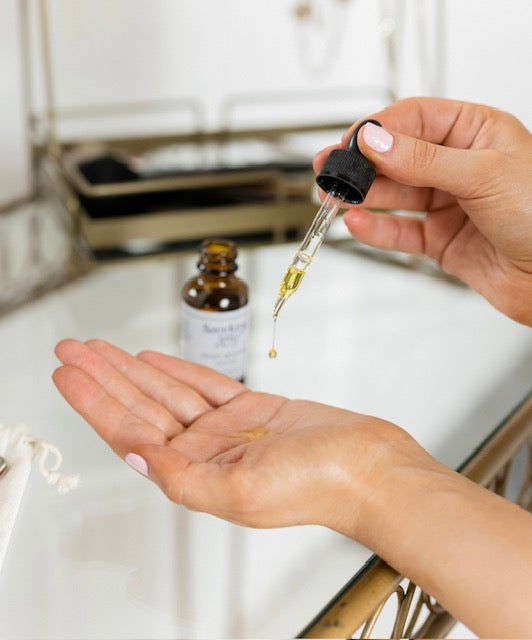
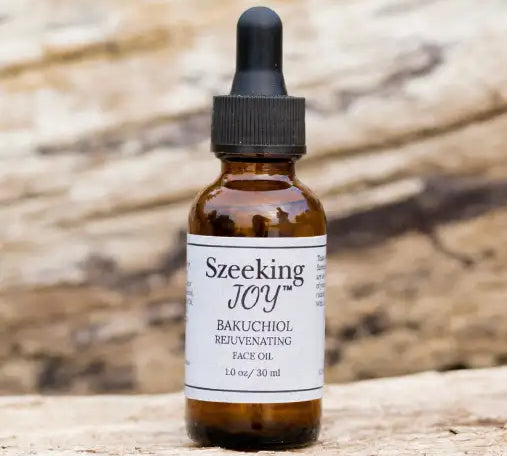
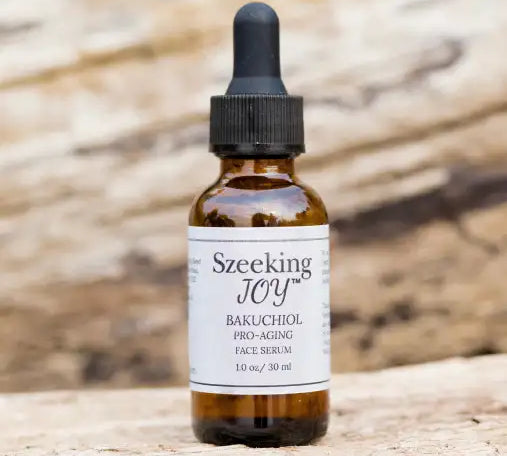
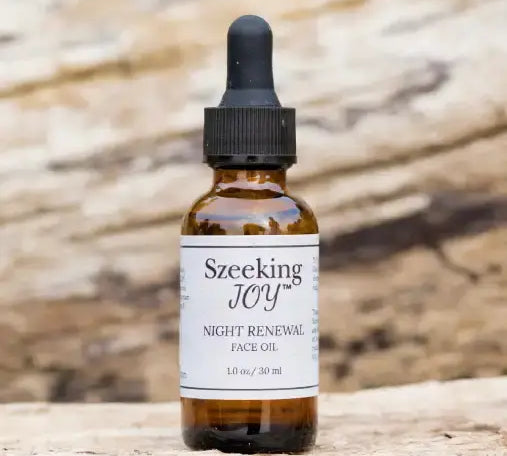
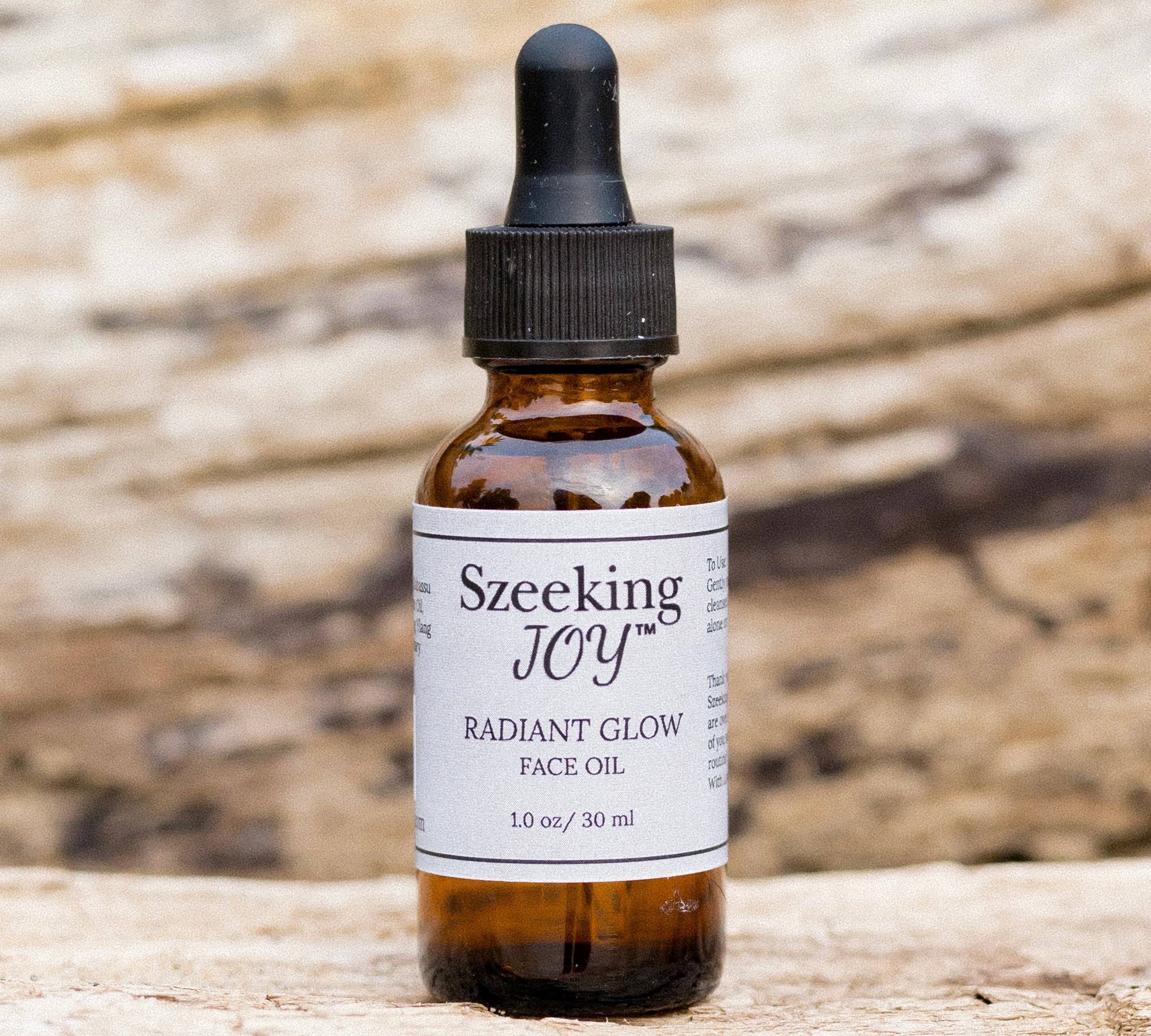
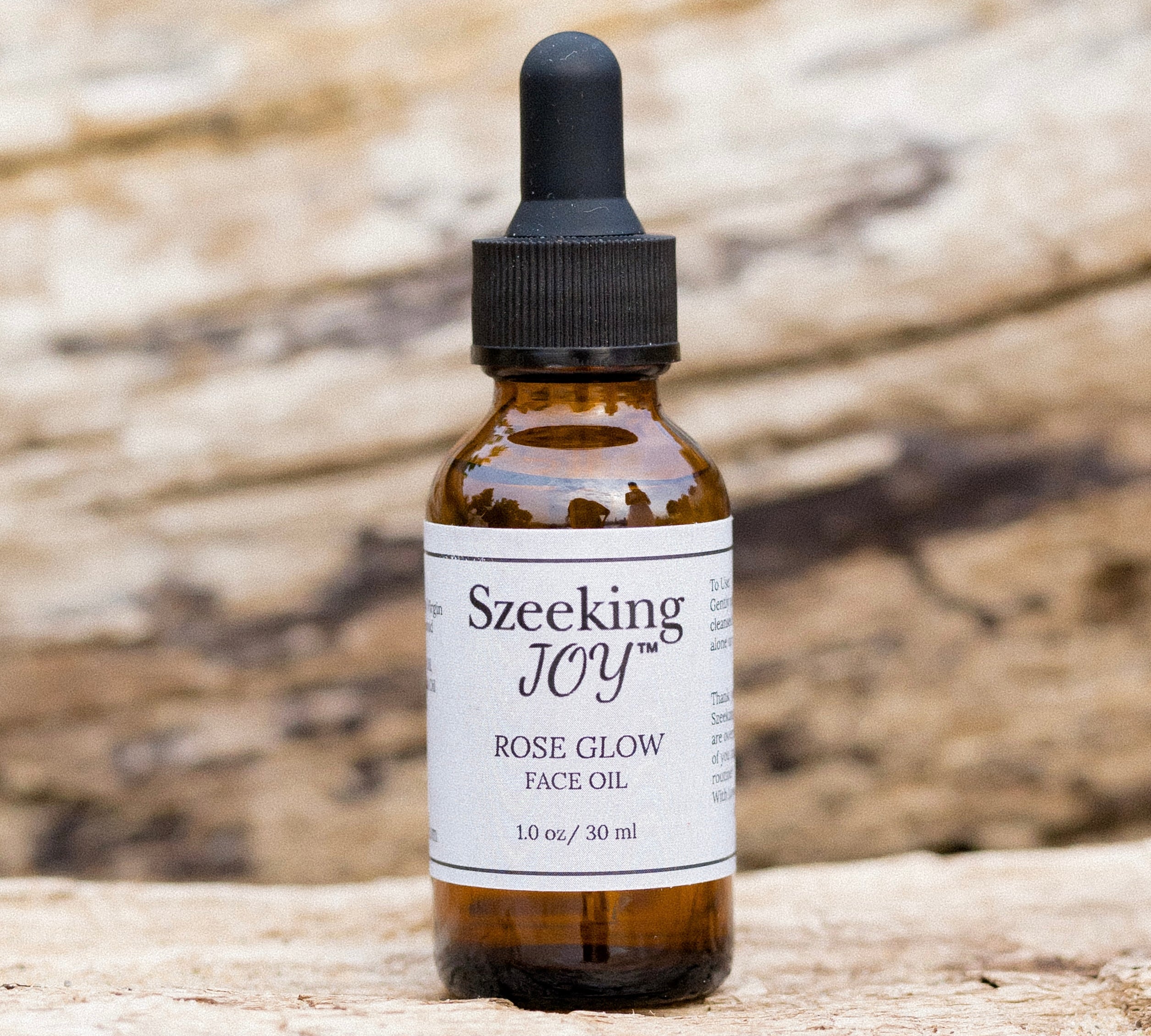
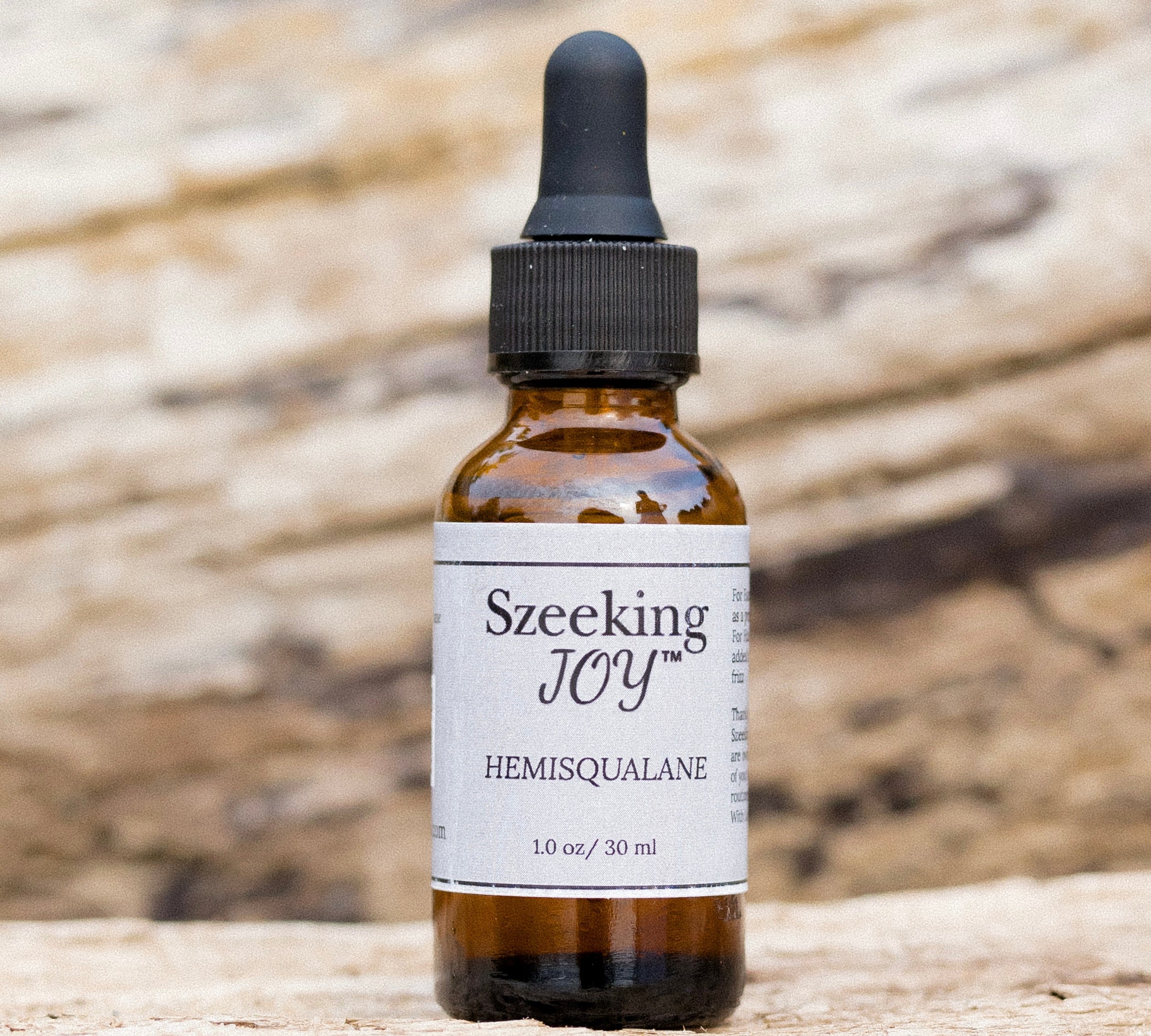
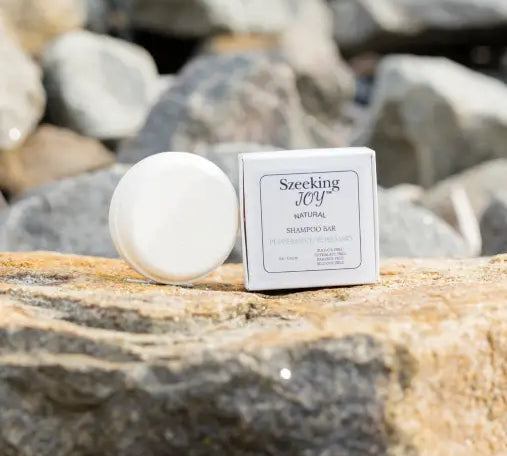
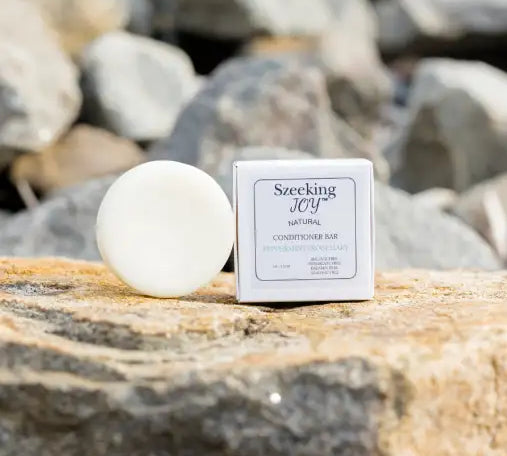
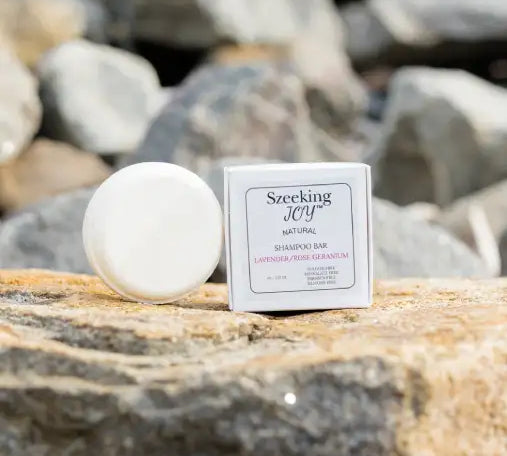
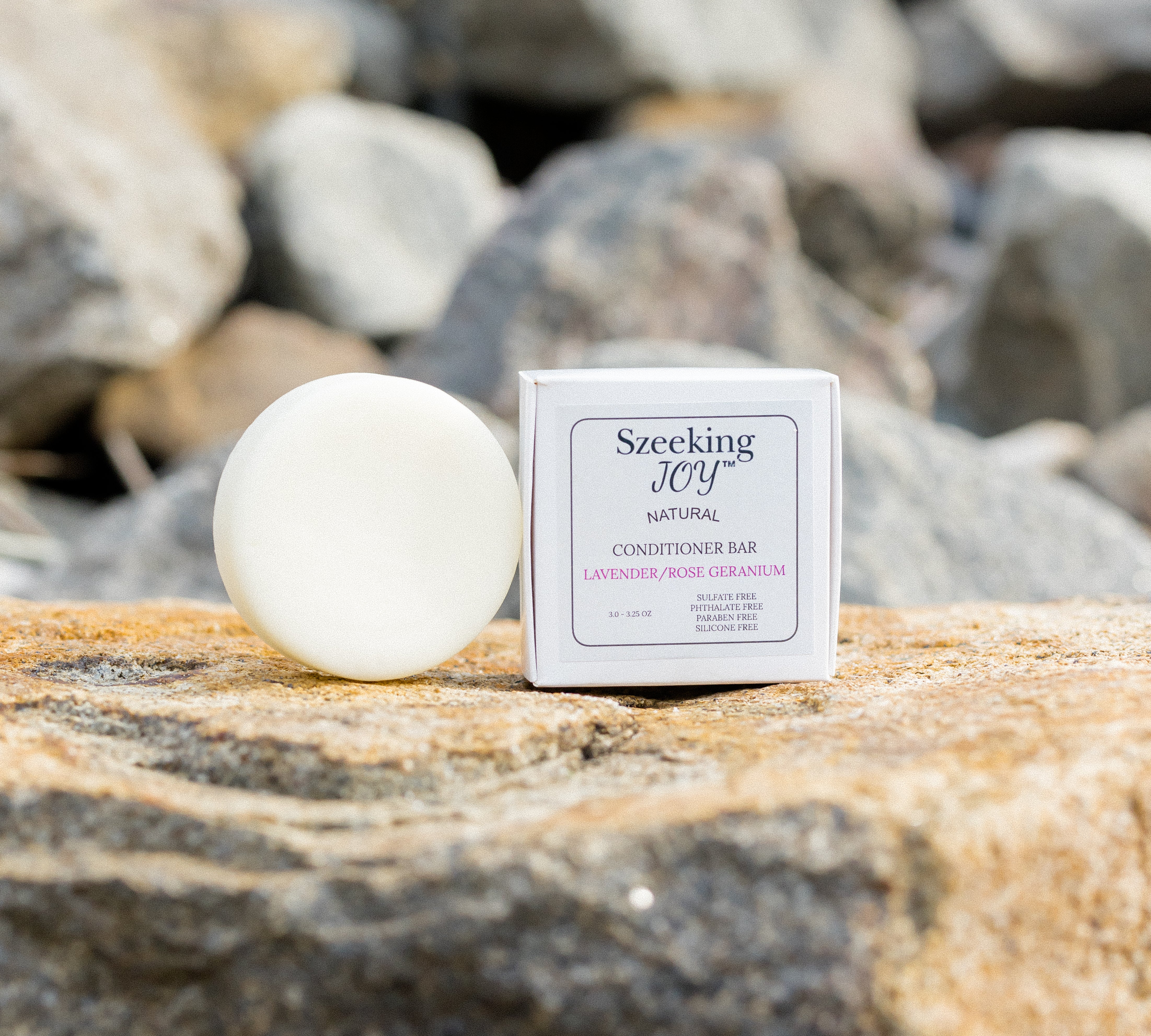
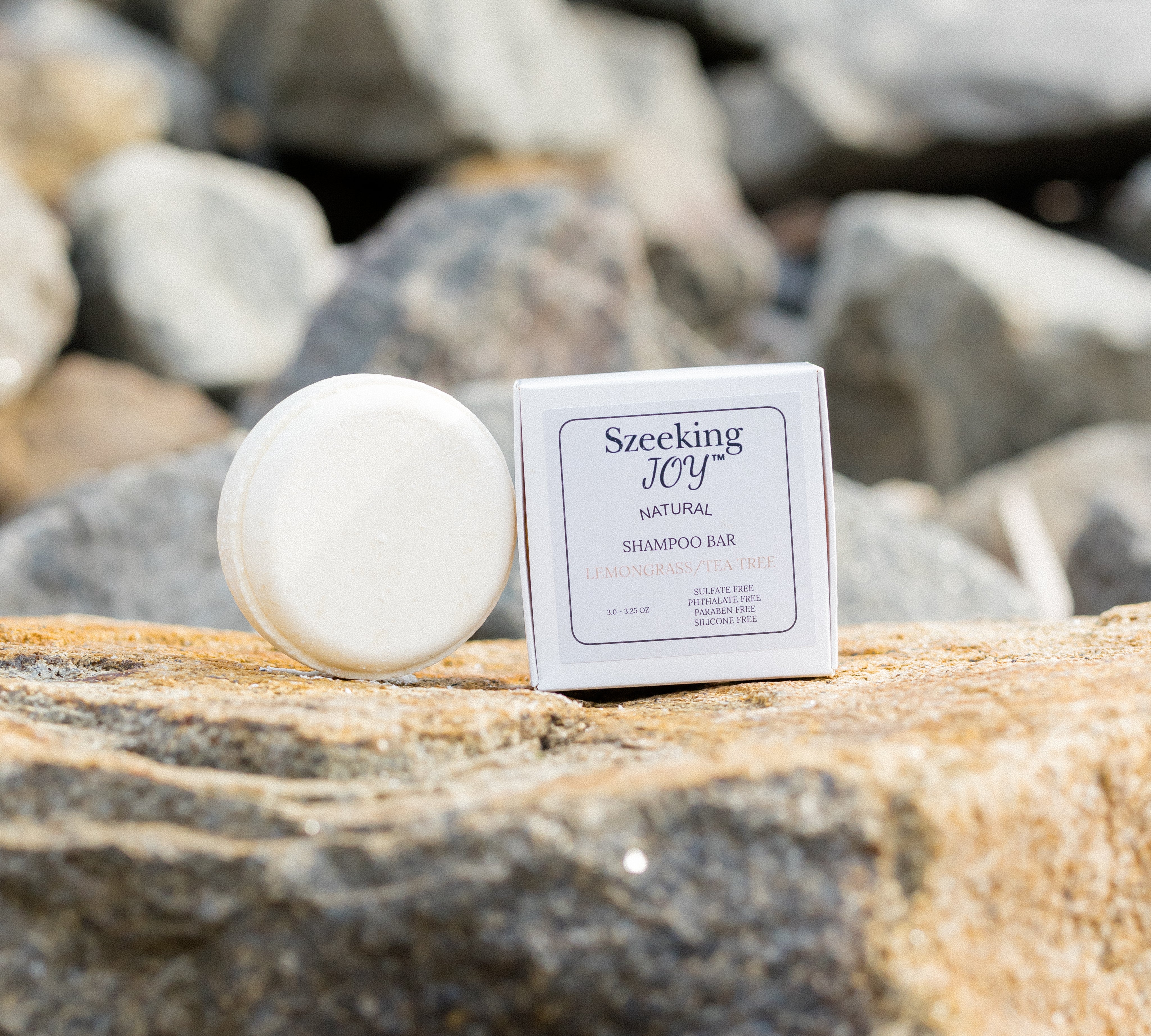
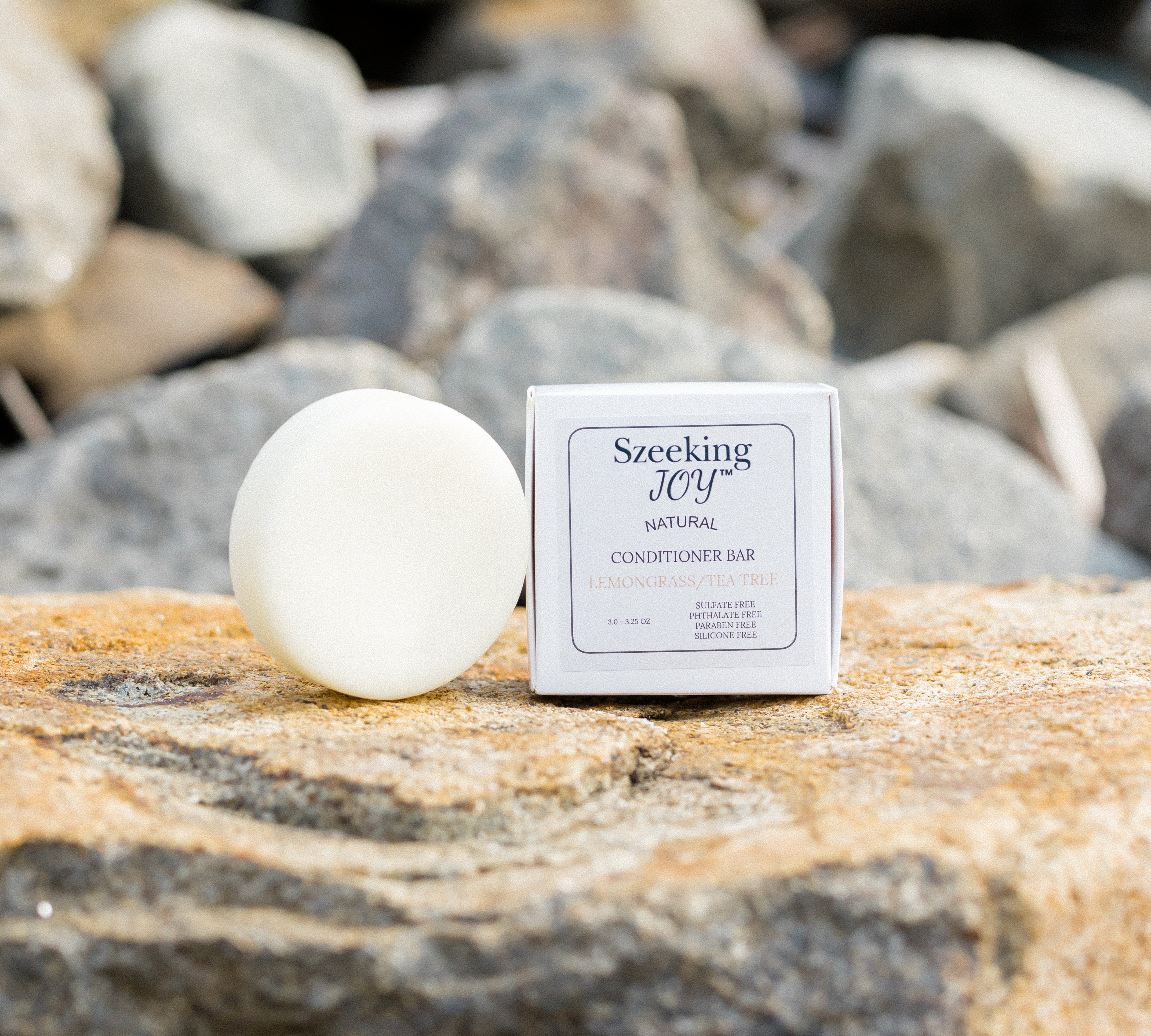
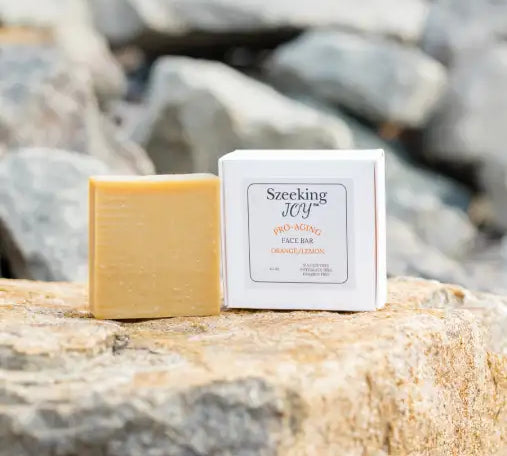
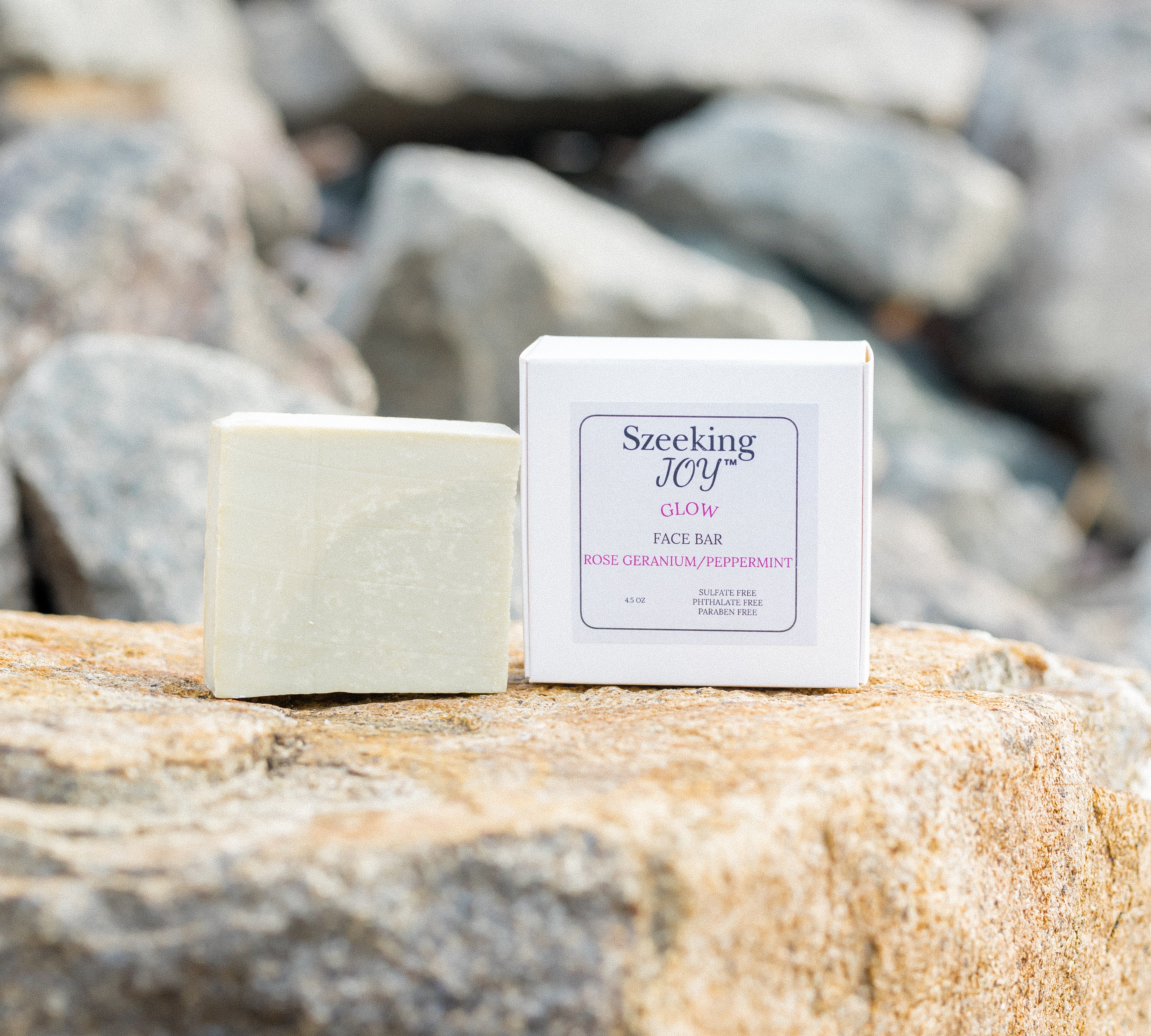

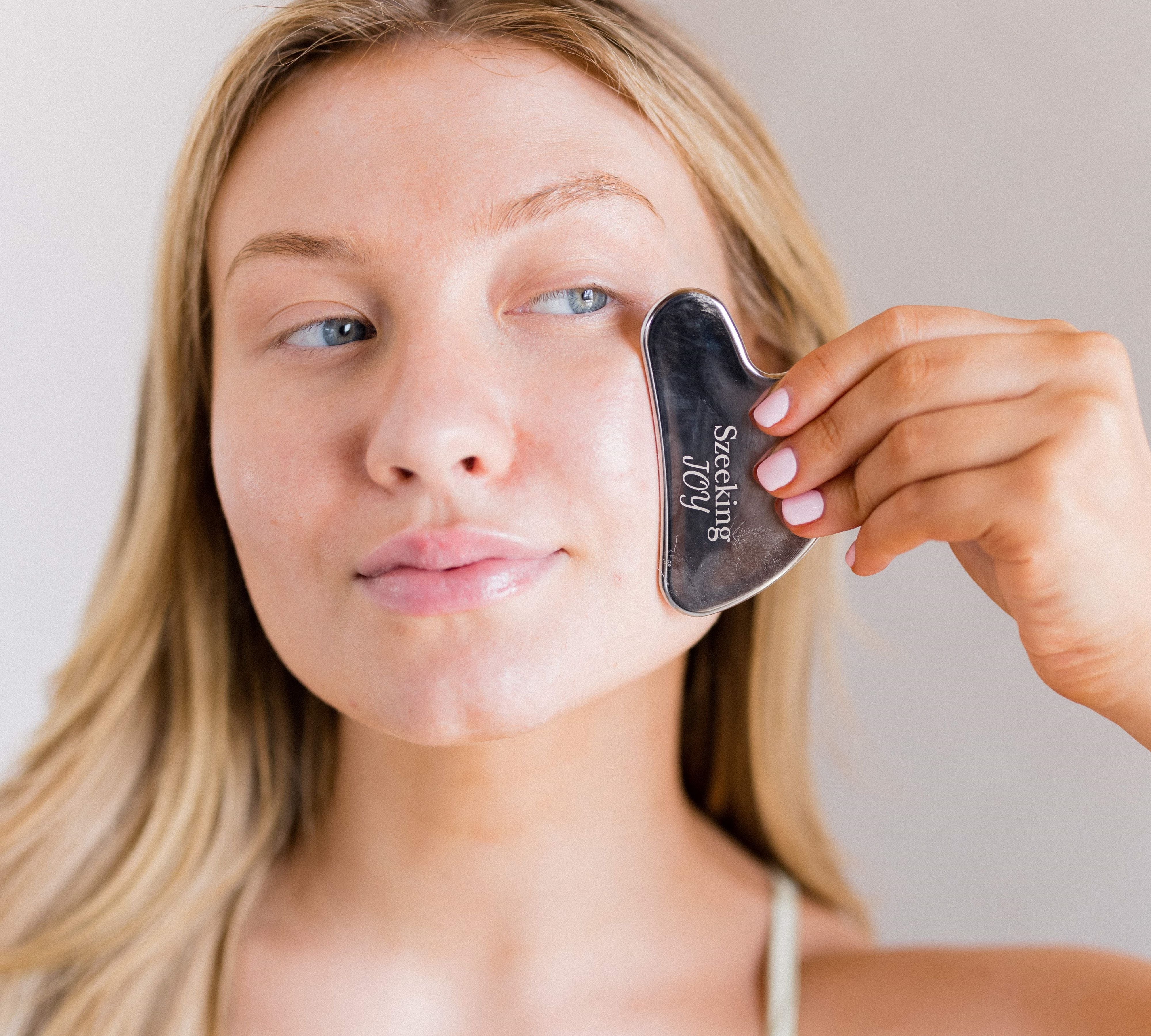
Leave a comment